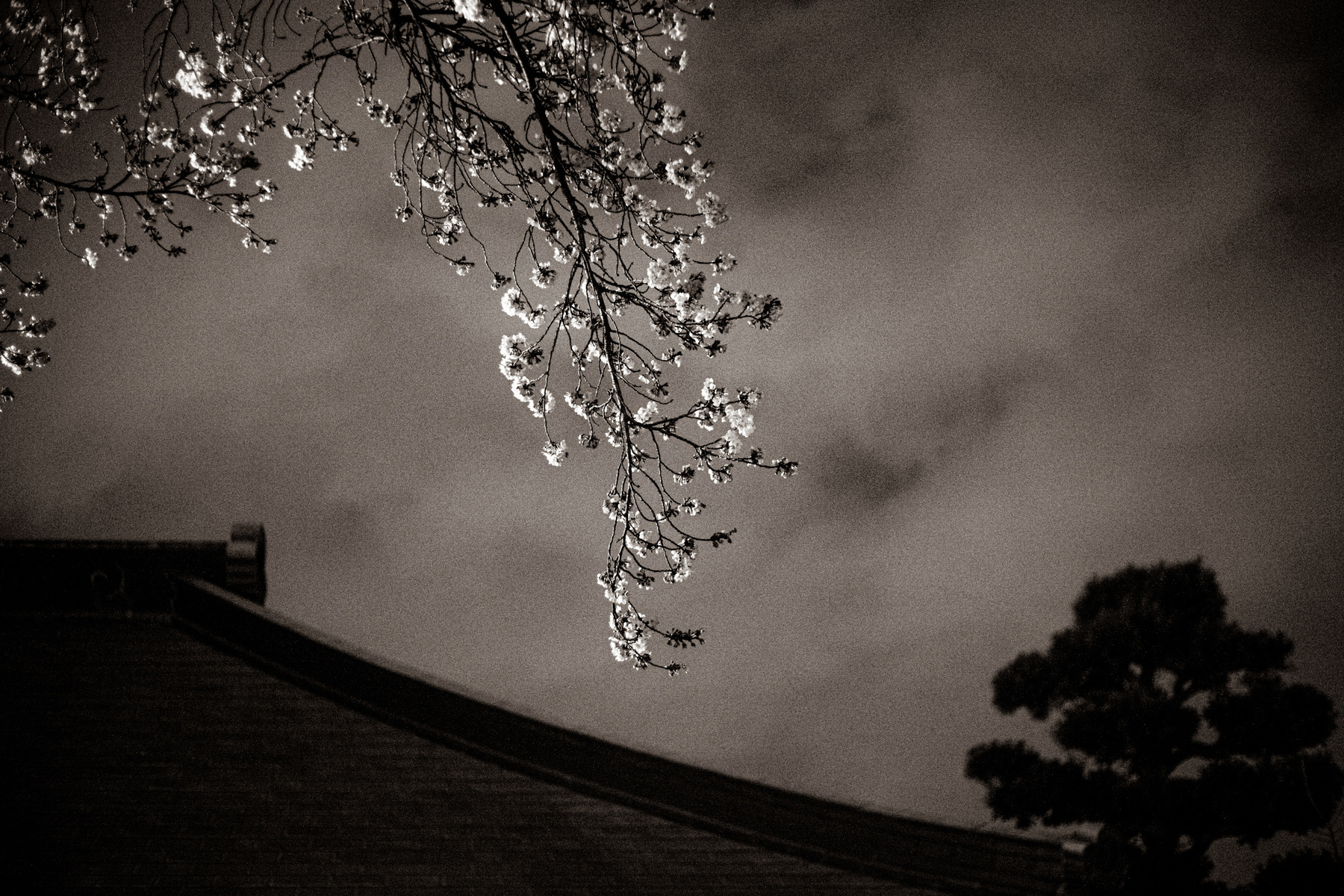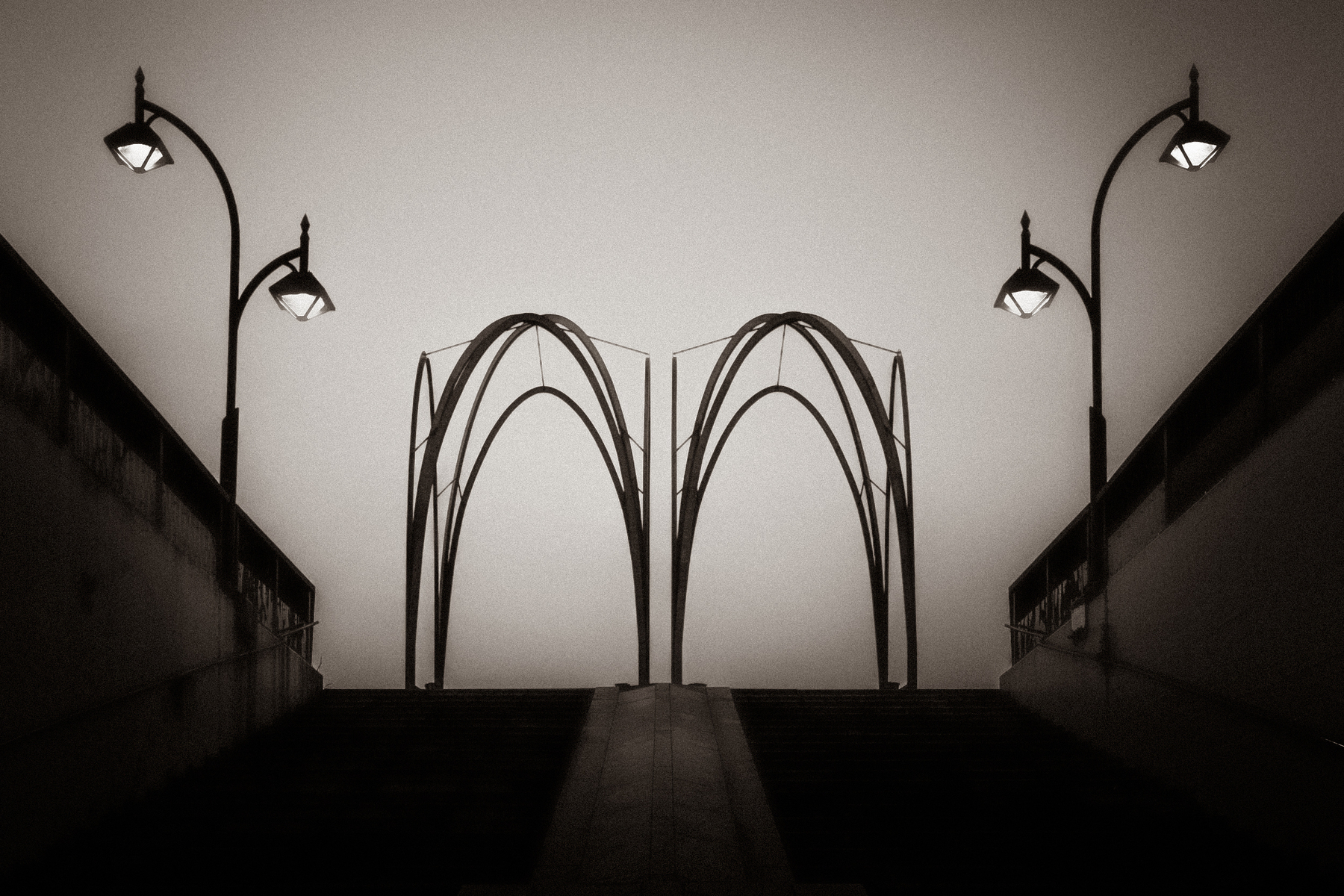Convergence Factor: Micro
Convergence Factor: Micro
Somewhere in Japan, Dispatch № 58: Meandering

Everywhere I have ever lived and travelled, Japan and far beyond, I have spent a great deal of time wandering aimlessly, exploring on foot, steadily wearing out shoes and making discoveries as I go.
Wandering enriches my daily life and teaches me something new every time I venture out. This includes teaching me a lot about wandering itself and how to do it well.
Let me share with you a mixed handful of thoughts on the matter.
Wandering should be an autotelic1 activity, done in the interest of doing the thing itself, with any other aims being strictly secondary. You wander because you wish to wander. It needs no other reason.
Assuming you have the time, getting lost is generally in your best interest, and frankly should be your goal at least sometimes. This is especially true in places you think you know well. Familiarity leads to lapsed attention, while the uncertain state of being lost amplifies it. When you get lost on purpose, you are necessarily in an open and highly receptive state of mind conducive to a positive experience.
Getting lost, furthermore, is the most effective way to get to know a place. Do it intentionally. Do it repeatedly. Do it well.
Whenever possible, opt for smaller roads and pedestrian paths. Choose the less-direct route and avoid going the same way twice in a row. Do not be afraid of repetition, however, especially if you make an effort to pay attention. There is always more to learn, more to see, and revisiting the same places can reveal layer after layer of detail.
You may wish to look for and navigate by mature trees rising above surrounding buildings, as they can help you find interesting places. These, differentiated from the trees under the “care” of the city (which often seem pruned in the spirit of eradicating any sense of love for nature), grow tall and full in their natural shape. They are usually found on the grounds of temples and shrines, though occasionally at parks, and sometimes within mysterious, walled estates.
If you find yourself at an intersection with a choice between roads that seem equal, choose your bath based on something specifically arbitrary. Choose the street with the sauntering cat, for example, or the one with the yellow house. Choose the one without the car that reminds you of your ex.

You can also be inventive in your navigation. Assign numbers to actions like turning left or continuing straight, or to the cardinal directions. When in need of navigational guidance, roll a die and follow the operation assigned to that number.
Similarly, assign actions and directions to the suits and ranks of cards in a deck, shuffle it, and let that guide you. You can even modify a Rubik’s Cube as a means of introducing purposeful disorder, which keeps one’s attention fresh, along with a playful sense of exploration.
Aside from saving interesting locations for later or getting directions when running out of time for wandering, try to refrain from using your smartphone. The experience is richer when unplugged, and your surroundings more interesting when you don’t really know where you are or where you’re going. Keep it, and your headphones, in your bag for later.
If you are able, walk rather than drive or ride a bicycle. It is slower, of course, but offers a number of advantages. Moving slowly lets you notice more about your surroundings. You are free, too, to pause and linger at will, and it costs nothing. Remember, too, that everywhere is walking distance if you have the time.
If headed somewhere specific and want to wander a bit on the way. consider getting off the train a stop or two before (or after) your intended destination and walking the rest of the way. Relatedly, much can be experienced if one chooses to follow the train tracks without riding the train, at least for a little ways. Development tends to be concentrated near stations, and in places like Tokyo, the areas farthest from stations begin to develop a feeling of existing in the slight vacuum of normalcy typical of interstitial spaces.
Finally, wander at all times of day and in all weather conditions. Can’t sleep at 3:00 AM? Go for a walk. Sleeting and blustery? Go for a wander. Taking a personal day? Go exploring when you’d normally be stuck in yet another pointless meeting.
Wandering is an act of exploration and an expression of personal freedom. Do it as often as you can. You will reap many benefits, I guarantee.

This post’s featured image is available as a print here. Patreon supporters get 50% off all prints in the print shop, and regular readers can still get 20% off using the coupon code “get20” at checkout.
Somewhere in Japan's main home on the web is at somewherein.jp, where you can also sign up to receive these posts by email. And now, for just $3/mo you can support this project on Patreon. Click here to learn more.